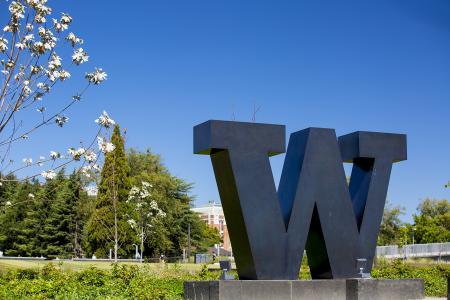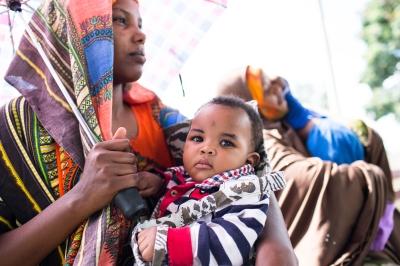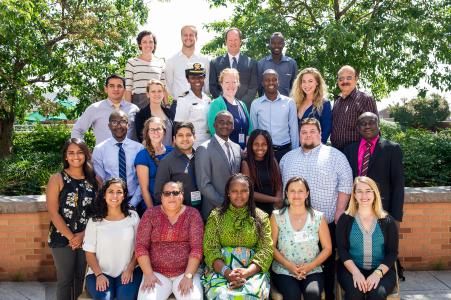UW News: Population Health Initiative Announces Winners of Inaugural Pilot Research Grants
The University of Washington Population Health Initiative has awarded five pilot research grants of $50,000 each to faculty-led teams from 10 different UW schools and colleges. This first $250,000 in funding was matched by additional school, college and departmental funds, bringing the total value of these awards to nearly $445,000.




